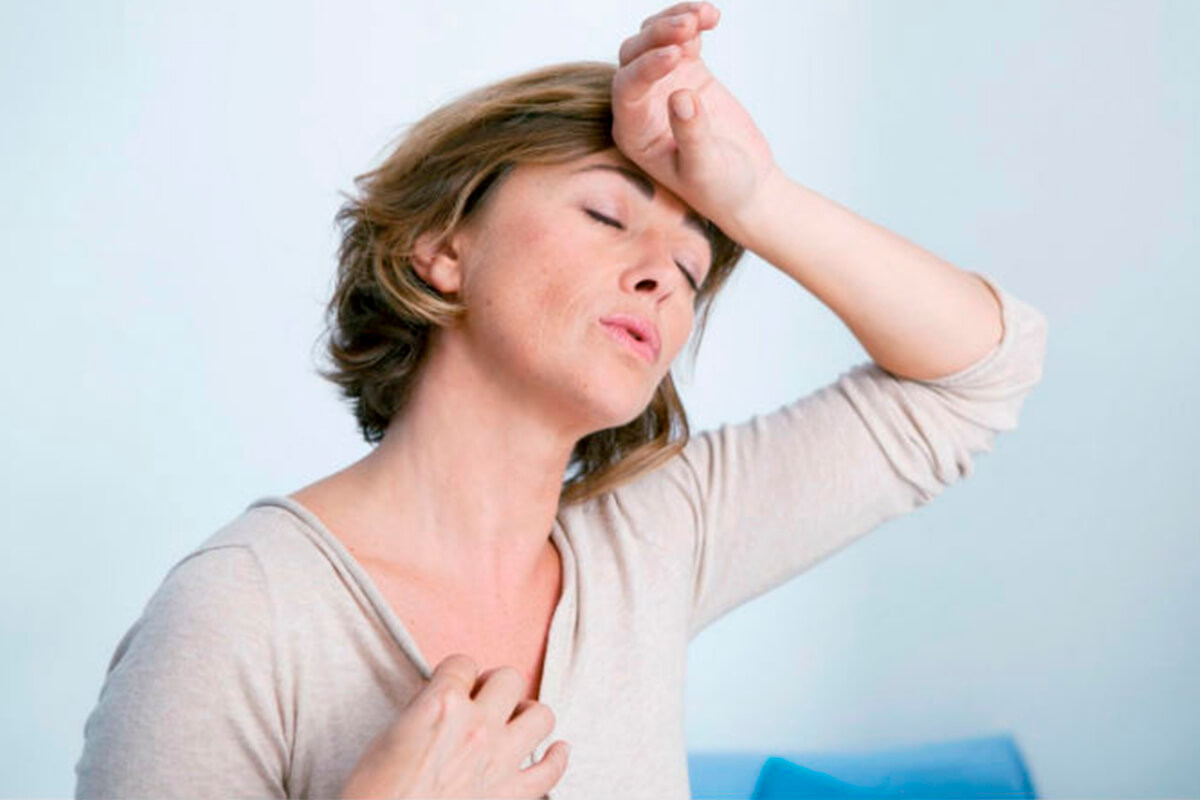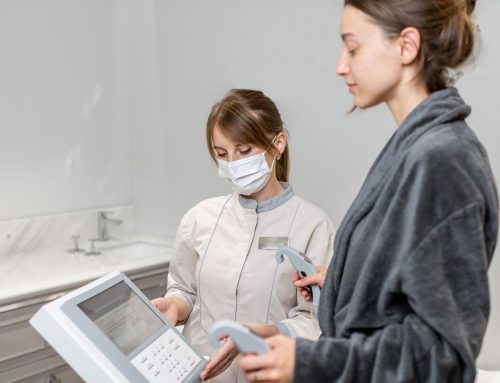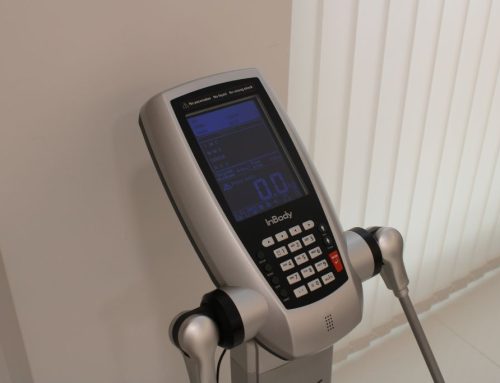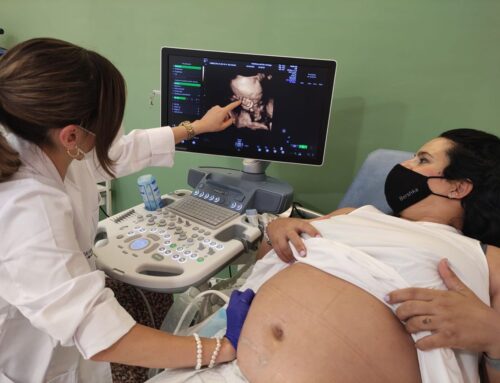Menopause and its consequences in a woman's life: How to deal with hormonal changes
Menopause is a natural stage in a woman's life that marks the end of reproductive capacity. As the body goes through this transition, significant hormonal changes occur that can have an impact on overall health and well-being.
What is menopause?
Menopause is the time when a woman stops having menstrual periods permanently. It usually occurs between the ages of 45 and 55, although it can vary from woman to woman. During this period, the levels of hormones such as estrogen and progesterone gradually drop, which can trigger various symptoms and changes in the body.
Symptoms and consequences of menopause:
Menopause can affect each woman differently, but there are a number of common symptoms and associated consequences. Some of them include:
Hot flashes and night sweats: These symptoms are characterized by sudden sensations of intense heat that mainly affect the face, neck, and chest. They can be accompanied by excessive sweating, which can affect sleep quality and general well-being.
Skin changes: During menopause, the skin tends to become drier, thinner, and prone to wrinkles. Additionally, there may be a decrease in collagen and elastin production, which contributes to loss of firmness and elasticity.
Changes in body composition: Declining hormone levels can lead to weight gain, especially around the abdomen. In addition, there may be a loss of muscle mass and a decrease in bone density, increasing the risk of osteoporosis.
Emotional changes: Some women experience mood swings, irritability, anxiety, and depression during menopause. These changes may be related to hormonal fluctuations and the emotional challenges associated with this life transition.
¿How to deal with changes at this stage?
Fortunately, there are various strategies to address the challenges of menopause and improve the quality of life during this stage. Here are some recommendations:
Hormone replacement therapy: In some cases, hormone replacement therapy can help relieve the most intense symptoms of menopause. However, it is important to discuss the risks and benefits with a medical professional before considering this option.
Skin care: Maintaining a proper skin care routine can help counteract the effects of aging and dry skin. Using moisturizing products, sunscreen and specific treatments can improve the appearance and health of the skin.
Healthy eating and exercise: Eating a balanced diet and exercising regularly can help maintain a healthy weight, strengthen bones, and improve mood. Including foods rich in calcium, vitamin D, and phytoestrogens may be beneficial during menopause.
Stress management: Practicing relaxation techniques such as meditation, yoga, or deep breathing can help reduce stress and improve sleep quality. Finding activities that provide pleasure and emotional well-being is also important.
La menopause It is a stage of life that brings with it physical and emotional changes significant. However, taking a comprehensive approach to care and wellness can help alleviate symptoms and improve quality of life during this transition. At our medical aesthetic clinic, we are committed to providing personalized support and solutions to address the challenges of menopause. Remember that each woman is unique and is important consult with professionals health to find the right approach for you.
Come meet us
At Clínica del Río-Hortega you can find different specialties designed to cover the complete care you need. Always hand in hand with the best experts in their sector. A variety of medical services that you can trust, and professionals that will make you feel at home. At our clinic in Santa Pola we love to offer you the best services and help you get the best results.
Contact us, fill out the form, and we will help you with all the tools in our hands. You can book your appointment by phone / WhatsApp 648 116 134, or write to us at info@clinicadelriohortega.es. We are in C/ Almirante Antequera 34, Santa Pola, Alicante.









